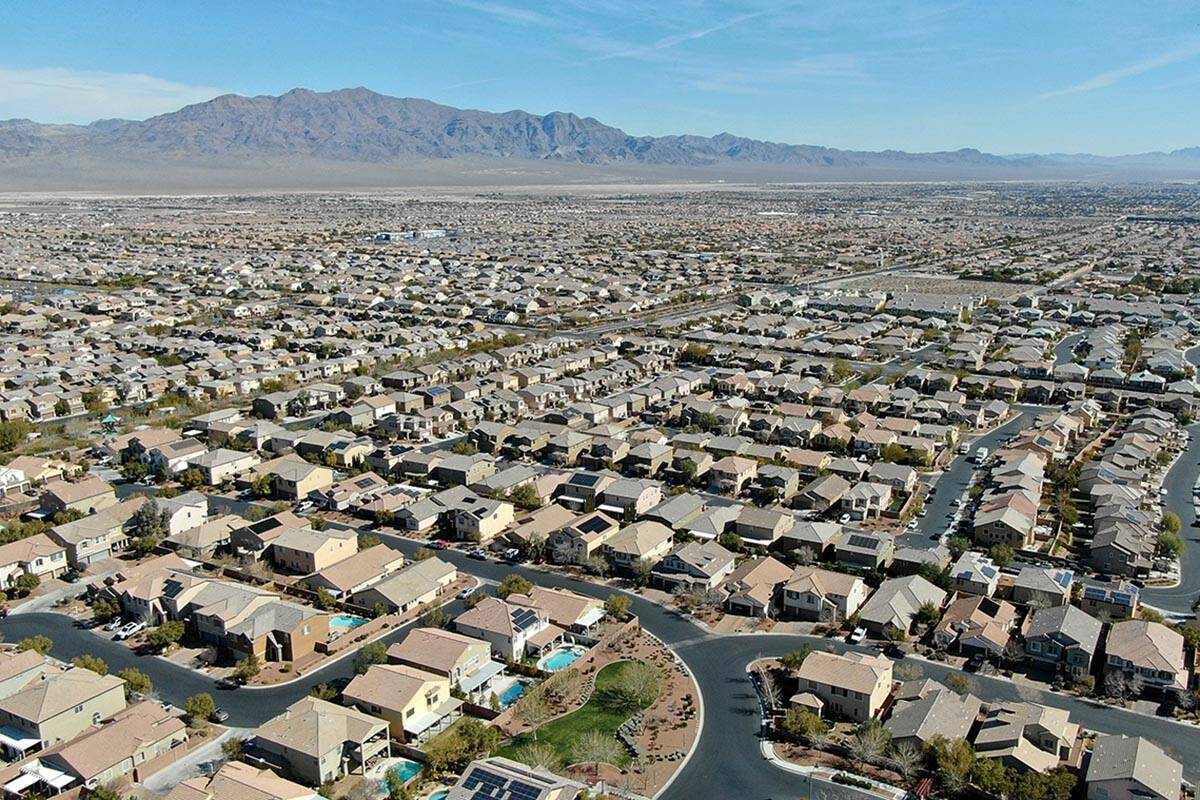EDITORIAL: Units for the homeless at a bargain price of $850K
Las Vegas has its homeless problem, but it’s not Los Angeles. And again, our neighbor to the west highlights how well-intended progressive policies often become fiscal debacles. Southern Nevada officials should take notice.
Six years ago, L.A. voters approved a $1.2 billion outlay to address the thousands of people living on the streets in the City of Angels. The money, supporters insisted, would build housing for the homeless along with treatment centers to address the problems of drug and alcohol addiction and mental illness.
But as is often the case when the public sector embarks on an ambitious project with other people’s money (see California high-speed rail), the results have fallen far short of the hype. A recent city audit found that the project, scheduled for completion in 2026, has delivered just 1,100 of the promised 10,000 housing units.
In addition, costs have soared. Reason reported recently that the price of constructing some units — the majority of which are studio and one-bedroom apartments — has gone as high as $837,000, well in excess of the $350,000 that was originally promised.
The audit found the effort has been “further complicated by a combination of cost factors including prevailing wage requirements, financing complexity, land use issues, project labor agreements and building characteristics (e.g., enhanced accessibility standards).”
To translate, the insistence on using union labor, zoning requirements and other regulations are piling additional costs on the beleaguered project.
The audit recommends a number of strategies to bring down the price tag and quicken the pace of construction such as “acquiring and converting buildings without tenants — like hotels and motels.”
So six years in, it’s just dawning on Los Angeles bureaucrats that it might be more efficient to simply purchase existing structures and turn them into apartment buildings for the homeless instead of building brand new structures to create apartments that may soon run the taxpayers close to $1 million apiece.
The irony is rich. How much of the L.A. homelessness problem is actually the result of California’s dysfunctional housing market remains a matter of debate. But the state’s sky-high real estate market is, in large part, a reflection of a regulatory climate that discourages new construction and burdens private developers with unreasonable costs. Now, when L.A. officials embark upon a building spree to provide shelter for the homeless, they run into the same problems.
There’s an obvious lesson in all this for California politicians, both state and local. But if they haven’t learned it by now, there really isn’t much hope.






















